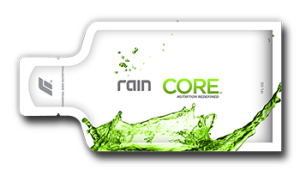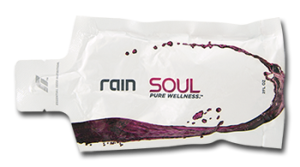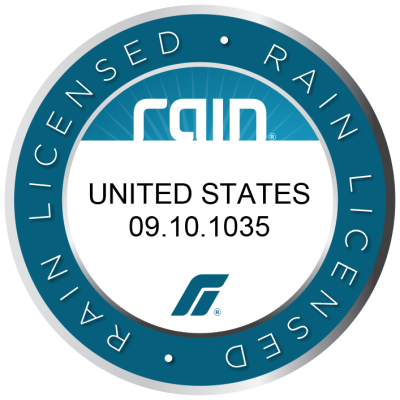Are Canned Fresh and Frozen Vegetables Nutritionally Different?
We all know we should be eating 8-10 servings of fruit and vegetables a day, but does it matter where we get them from? Cans? Fresh? Frozen? But Are Canned Fresh and Frozen Vegetables Nutritionally Different?
First and easiest to bring up is the sodium that can be in both frozen and canned vegetables. If you are going to choose canned or frozen be sure to buy low sodium options.
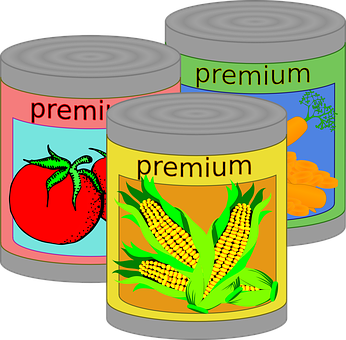
Which canned vegetables are healthiest?
So let’s start with canned. Canning is a process that extends the shelf life of perishable foods.
The first American canning factory was established in New York City in 1812 for preserving oysters, meats, fruits, and vegetables. While the process has changed over the years, the benefit of convenience has not.
Studies have found that the canning process does not affect the fiber content allowing canned vegetables to maintain the same content as fresh or frozen. They also found that the heating process increases the solubility, which increases use by the body. This is important to note especially if you have problems with gas or bloating after consumption.
The study also found that key vitamins such as vitamin A, carotenes, and Vitamin C hold up well under heat during canning and levels are retained in canned products.
Most vegetables are canned at their peak in quality to capture and maintain the taste and nutrition. When fresh produce is processed directly for canning, it is quickly heated to destroy microorganisms that cause food spoilage or foodborne illness.
Since the food is uniformly heated in the can, no preservatives are needed and the taste, texture, and nutritional value is retained. When sodium chloride (salt) is added, it is for flavor and not for preservation. Calcium chloride may also be added especially to foods like canned tomatoes or other vegetables where maintaining shape is desirable. This can be a plus if you have a difficult time meeting your daily calcium needs.
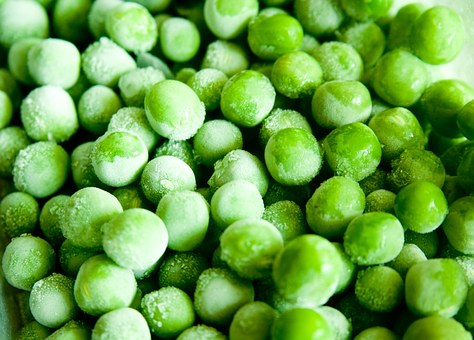 Are frozen vegetables healthier than fresh?
Are frozen vegetables healthier than fresh?
As for frozen, often people prefer the crispness and flavor over canned. Nutritionally speaking, the FDA deemed frozen vegetables equal to fresh related to essential nutrients and health benefits in a 1998 report. Since vegetables are picked at their peak, blanched then flash frozen, nutrients are quickly locked in.
Normally, nutrients begin being lost as soon as produce is picked. Frozen vegetables processed quickly after harvest only lose about twenty percent of their nutrition. The amount of loss can be over double that amount for some fresh produce before making it to your table.
Frozen vegetables are the closest thing to fresh and sometimes even better. Steaming or microwaving frozen vegetables is the best way to retain key nutrients. Since nutrients are leached out in water when boiled, be sure to drink the water to get all the nutrients that have been lost when boiling is necessary.
In Summary of Are Canned Fresh and Frozen Vegetables Nutritionally Different
So as you can see they both have great benefits. When you are getting your recommended vegetable intake, whether it be canned, frozen, or fresh, consider it a win!
If you enjoyed this blog on the Are Canned Fresh and Frozen Vegetables Nutritionally Different click here for more!

